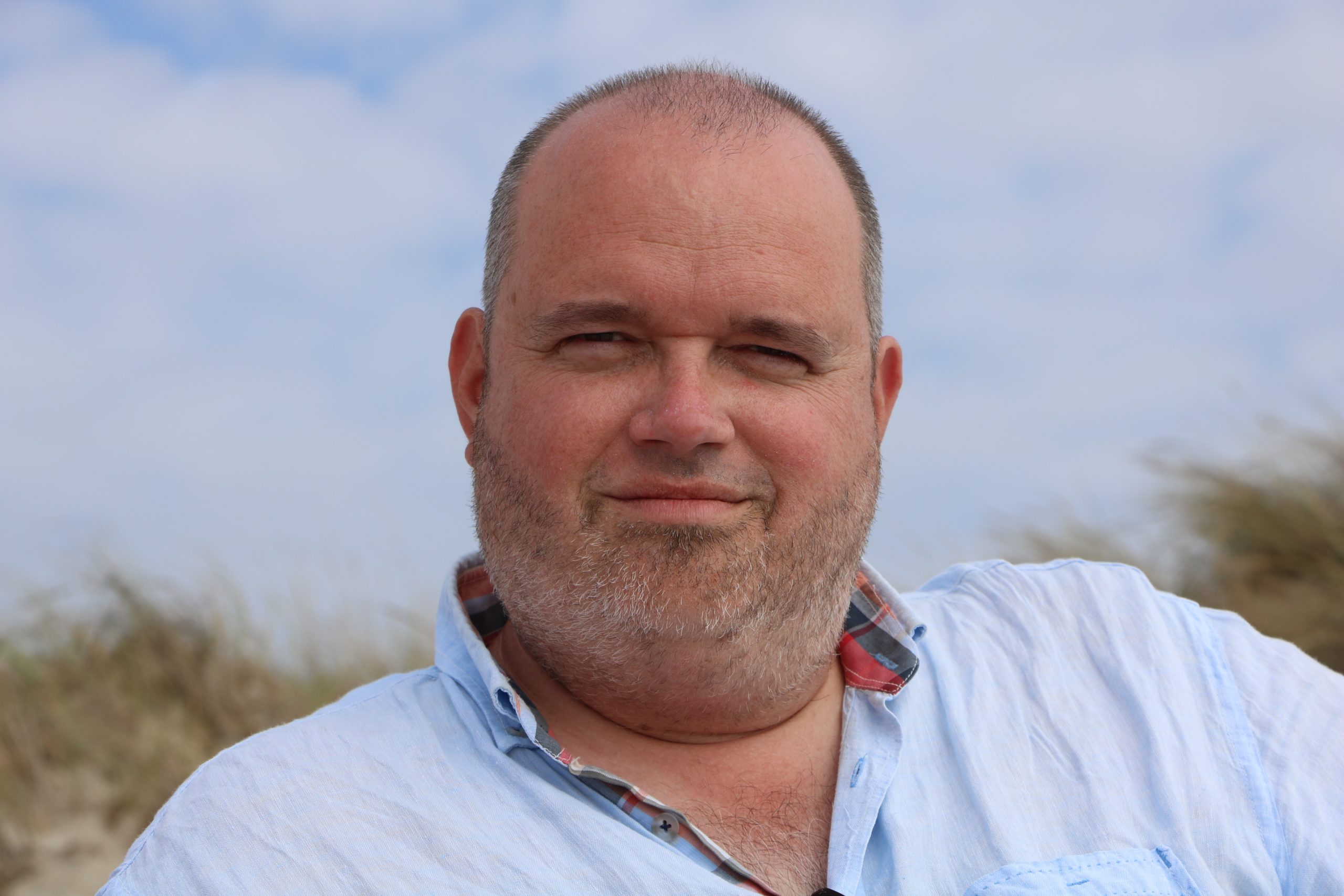
We asked a doctor to give her opinion about the methods used by someone we profiled who successfully managed to get his diabetes under control.
Joffrey Lambert, a Paris-based chef, recently managed to stabilize his type 2 diabetes thanks to spectacular lifestyle changes. We asked Doctor Terray, a diabetologist, to give her professional opinion about some of the methods used by Joffrey.

The chef was food smart from the start
“My biggest battle was my diet. I am an executive chef in Paris, trained as a pastry chef, and have been bathed in sugar since I was a child. It’s not easy to do without it! I work with great chefs, and I train cooks for the SOS group, so my day is mainly organized around food. I usually work with organic products, fair trade, sustainable fishing… All of these food philosophies, I was selling them in bunches every day, without taking care of myself! So I changed everything.”
Doctor Terray says: “These values do not have a direct impact on weight loss. It is, of course, interesting to consume preferably fresh and if possible seasonal products to get greater nutritional benefits, but there is no particular link between the origin of the products and the effectiveness of a low glycemic index diet (low GI).”
Expert advice & helpful prompts
Joffrey met with a nutritionist during his hospitalization to relearn how to eat a balanced diet. “My meals were mainly composed of vegetables, white meats, or white fish. I eliminated sugar and white flours and replaced them with wholemeal flours, which are less refined. There are lots of little tips found in the Health Mate app for losing weight: drink a glass of water before a meal, start with vegetables to get full before eating the rest, use smaller plates to naturally reduce your portions, avoid refilling… I followed the advice to the letter, and it worked!”
Doctor Terray says: “These are very good eating habits to observe. You can also treat yourself by taking care of the presentation of your plate. The more naturally colorful your plate is, the more it is a sign of good diversity, which nearly guarantees good nutritional intake. I also recommend limiting additional fats (oil, butter, cheese, sauce).”
Sugar addiction?
“The hardest part for me was quitting sugar. I went to several diabetes specialists. They all said it takes 3 weeks for the body to wean itself off sugar, so the first month is the hardest. In reality, it’s really complicated. I quit smoking when my daughter was born, but it was 10 times easier. I have to say that when it’s imprinted in your brain since childhood…”
Doctor Terray says: “Sugar addiction is a real thing, but several recent publications (as seen here, here, here or here) show that a diet rich in fat favors insulin resistance, i.e. resistance to insulin, the hormone responsible for regulating blood sugar levels, much more than sugar, which increases blood sugar in the short term. Type 2 diabetes would therefore also be linked to a diet that is too fatty. Added sugars, particularly in soft drinks, obviously remain an important risk factor because they significantly increase caloric intake without affecting satiety.”

Mind over Matter
“Fortunately, I discovered the importance of working on my mind. I thought a lot about my relationship with food and discovered that I was a compulsive eater. I was taking refuge in food to deal with my emotions. I cured that in my head by telling myself that it is not a place where I can take refuge but something that will destroy me. Today, when I’m not feeling well, I sit in my living room, do squats, push-ups… I also did sophrology as part of singing classes and it really helped.”
Doctor Terray says: “The food response to our daily annoyances is a recurring problem. Sophrology, psychology, relaxation, yoga… everyone can find their own technique to learn to manage emotions in a different way than by eating. In addition to psychological monitoring, we can try to distract ourselves by replacing food with another small pleasure: take a little walk outside, go to the museum or the cinema, read a book, do something for a loved one… It’s up to you to find the answer that works for your personality.”
Move more, sleep more—and better?
“It’s not easy to start working out when you’re more than 350 pounds! It’s impossible to go running like everyone else with my weight. On top of that, I had a knee problem so the doctor advised me to only do sports that were gentle on the joints and that worked the cardio. I started with the sit-up bike, the elliptical and then the fast walking on a mat. Gradually, I was able to exercise more and more and it became a family affair: we go for bike rides, long walks in the woods… I can run after my kid when he wants to play ball and it’s so satisfying .”
“I also discovered an incredible ally in my weight loss: sleep. Now I take care of it. I wake up very early (at 5am) to go to work. I used to hang out, go to bed late… and sleep very little. Fortunately, I found the trick: I have an alarm clock on my phone to remind me to go to bed and it works pretty well. When I’m more rested, I’m less hungry and I have better control over my emotions so I don’t need to ‘compensate’ with food as much.”
Doctor Terray says: “Endurance exercises such as walking, swimming, or cycling are preferred. This type of exercise uses aerobic metabolism which releases energy in a slow and regular way through mobilizing carbohydrates and lipids. Numerous studies prove endurance activities’ beneficial effect on health (immunity, cardiovascular, diabetes, obesity, weight loss, cancer…)”
As for sleep, “lack of sleep causes weight gain. This is now well documented by many scientific studies. It is recommended to sleep between 6 and 8 hours per night and not to work at night to keep your weight stable.”
Many thanks to Joffrey for sharing the details of his success and thanks to Dr. Terray for her insights and expertise.


